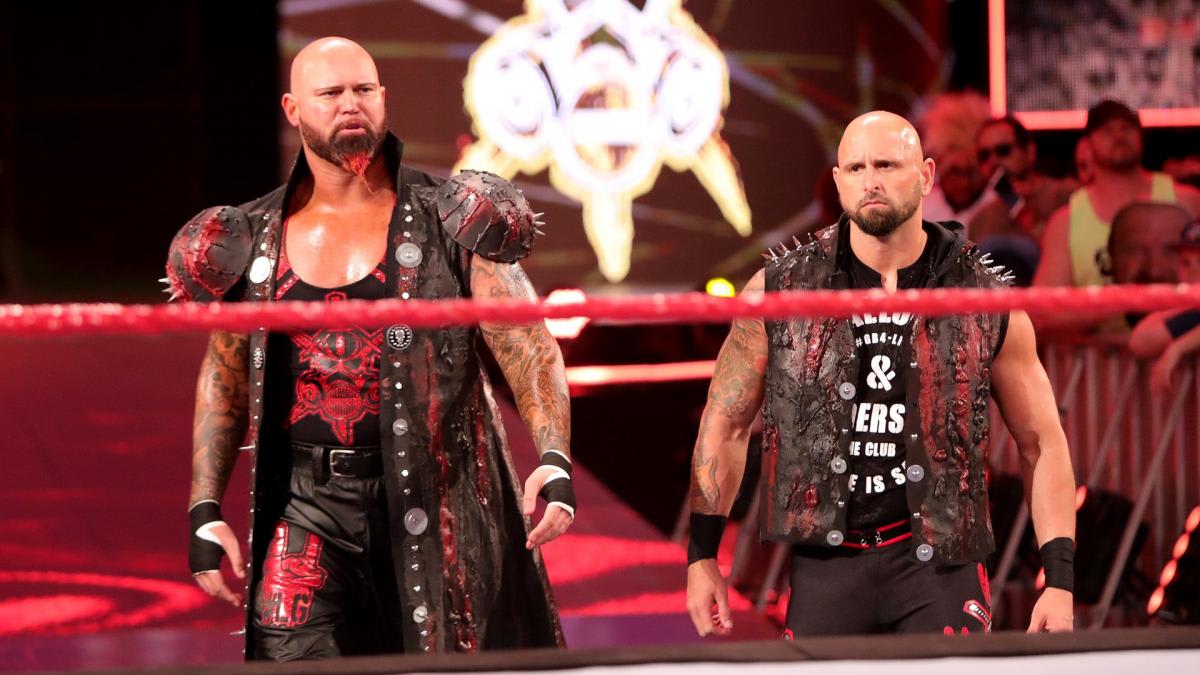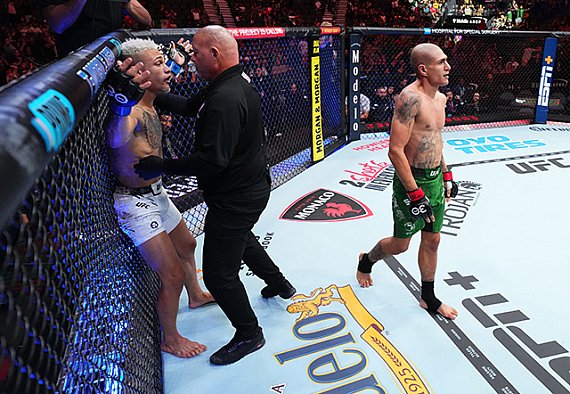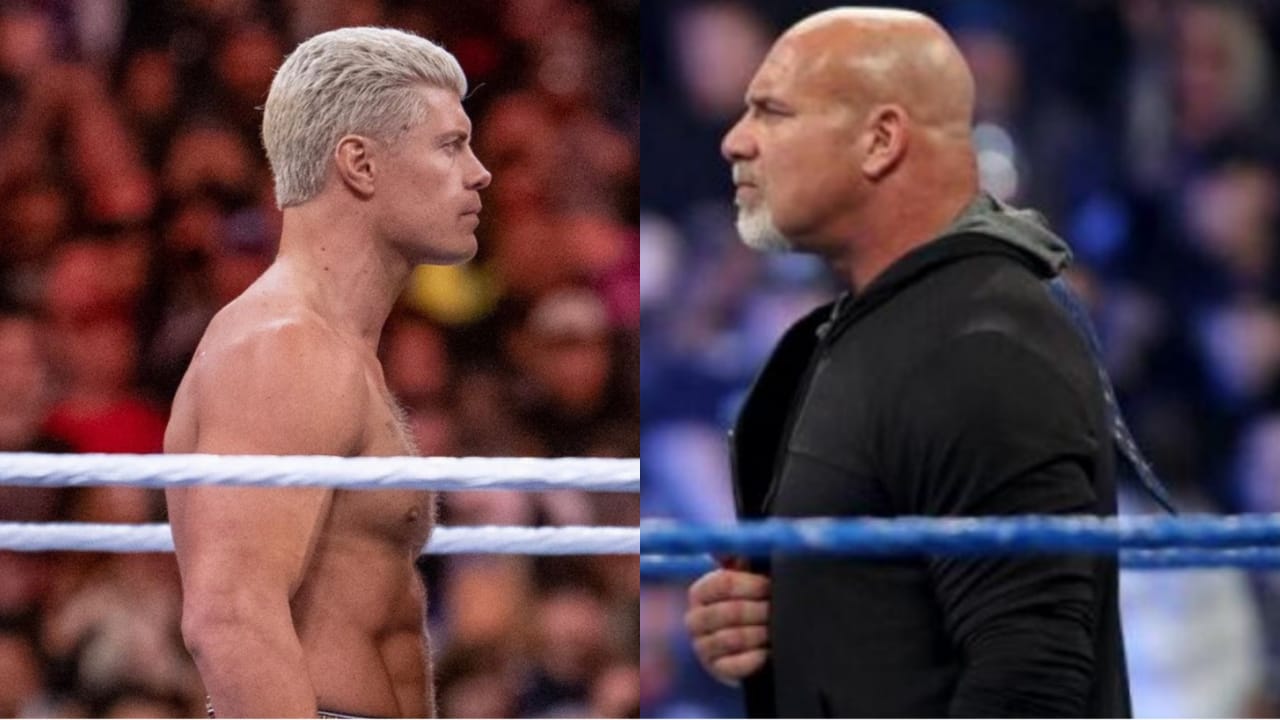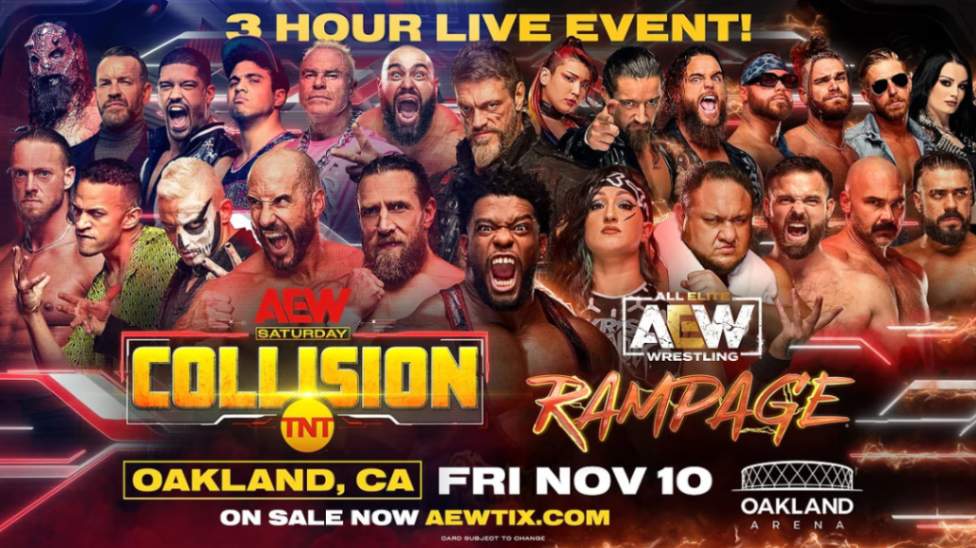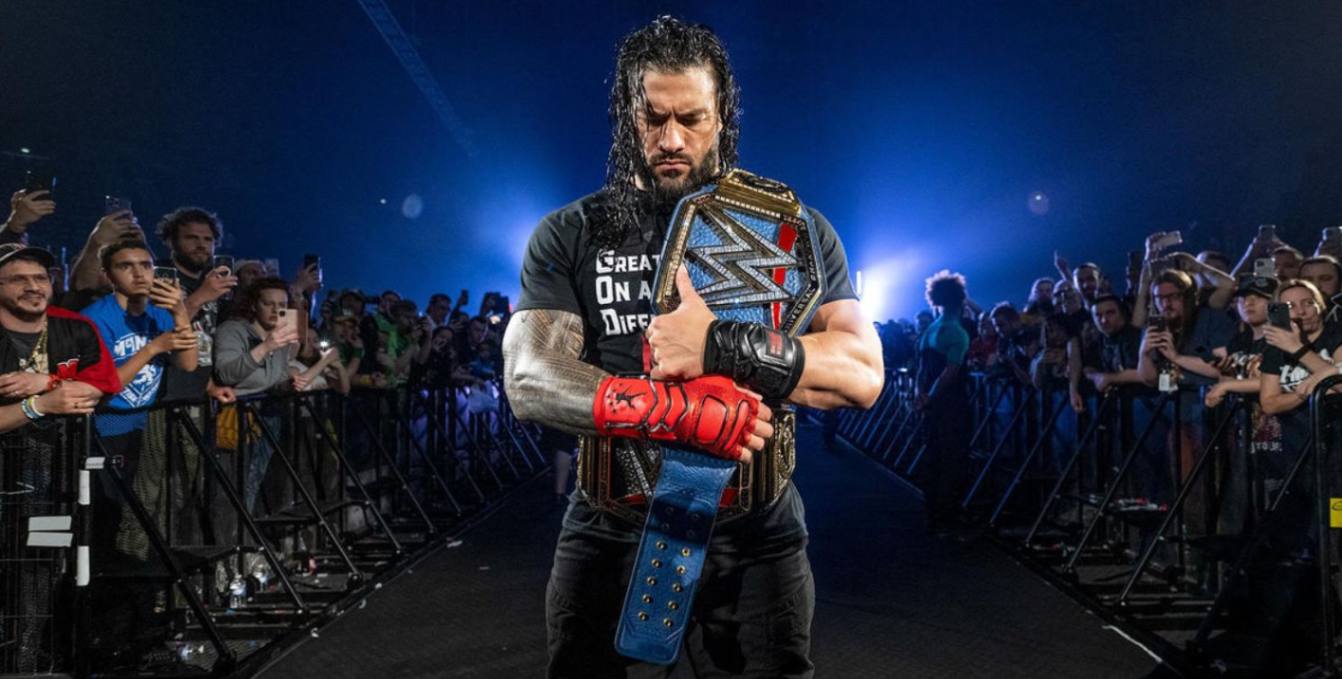What was the WWE’s Attitude Era?
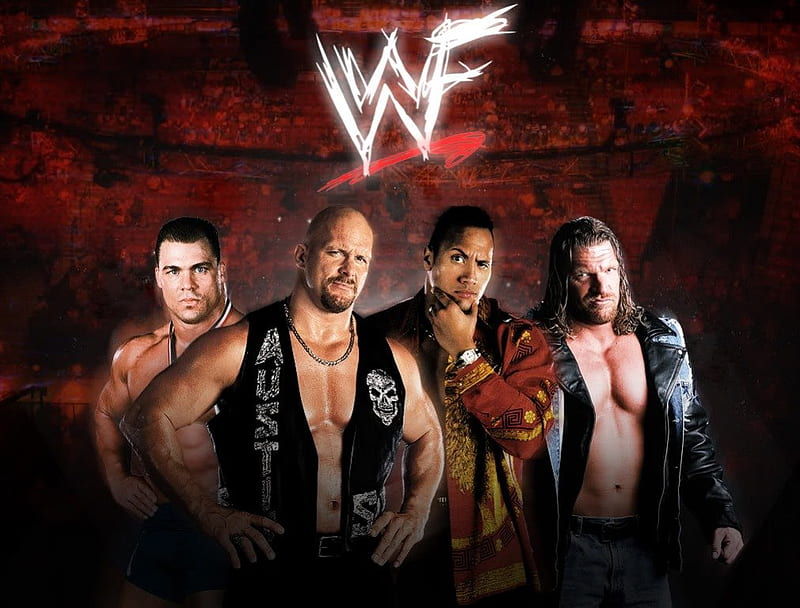
The Attitude Era, a pivotal period in the history of professional wrestling, emerged during the Monday Night Wars and marked a radical shift in the World Wrestling Federation’s (WWF) programming content. From the mid-to-late 1990s to the early 2000s, this Era sought to attract a young adult demographic by transforming the product into a more edgy and controversial form of entertainment. Traditional heroes were replaced with anti-heroes, and family-friendly storylines gave way to controversial narratives rooted in shock value.
The Attitude Era represents one of the most memorable periods in WWE history. Rather than focusing on family values and wholesomeness, the WWE was suddenly home to controversial figures that spoke to the new generation of American Young Adults. The Attitude Era famously included the feud between Vince McMahon and Steve Austin.
Spearheaded by Vince McMahon and head writer Vince Russo, the Era introduced a new booking style called “Crash TV,” characterized by shorter matches, backstage vignettes, and shocking television moments. McMahon’s character, “Mr. McMahon,” was crafted as a corrupt and manipulative owner, feuding with Stone Cold Steve Austin, who emerged as the central figure of the Attitude Era.
The feud between Stone Cold Steve Austin and Mr. McMahon became the defining storyline of the Attitude Era. Austin’s rebellious persona, marked by profanity-laden tirades against McMahon, resonated with fans and propelled him to superstardom. Portraying a corrupt and authoritarian figure, McMahon retaliated against Austin through violent and increasingly immoral means. Their ongoing conflict captivated audiences and created a compelling narrative that epitomized the Era’s rebellious spirit.
Notable Events and other controversies
Several notable events during the Attitude Era contributed to its cultural impact and commercial success. The Montreal Screwjob at Survivor Series 1997, where Bret Hart was controversially stripped of the WWF Championship, added real-life drama to the on-screen product. The USA vs. Canada storyline featuring The Hart Foundation and the feud between Hart and Shawn Michaels further intensified the Era’s controversial and personal narratives.
The introduction of D-Generation X, a faction known for its innuendos and mischief, provided additional entertainment. The Attitude Era also embraced female sexuality, with characters like Sable leading the way. Sable’s appearance in Playboy Magazine generated significant buzz, highlighting the Era’s ability to cross into mainstream entertainment.
Marketing Success and Legacy
The Attitude Era was a marketing triumph for the WWF, attracting a previously untapped young adult demographic and surpassing WCW in the ratings war. The Era’s success allowed WWF to acquire WCW in 2001, ending the Monday Night Wars. By this point, the WWF had become a financial powerhouse, enabling McMahon to purchase WCW at a reduced valuation. However, the Era’s conclusion came in May 2002, as a legal battle with the World Wildlife Fund led to the prohibition of using the WWF logo associated with the Attitude Era.


